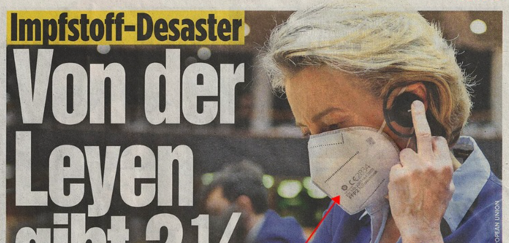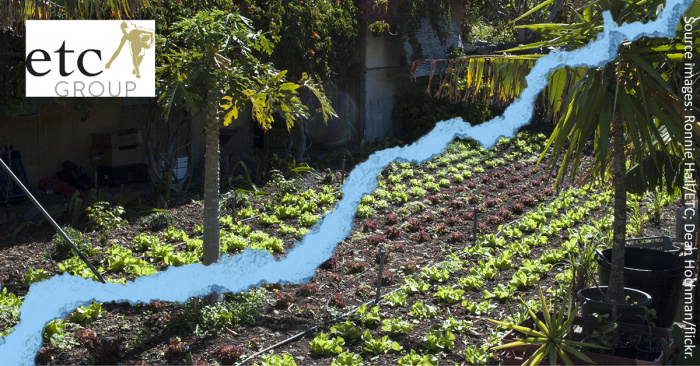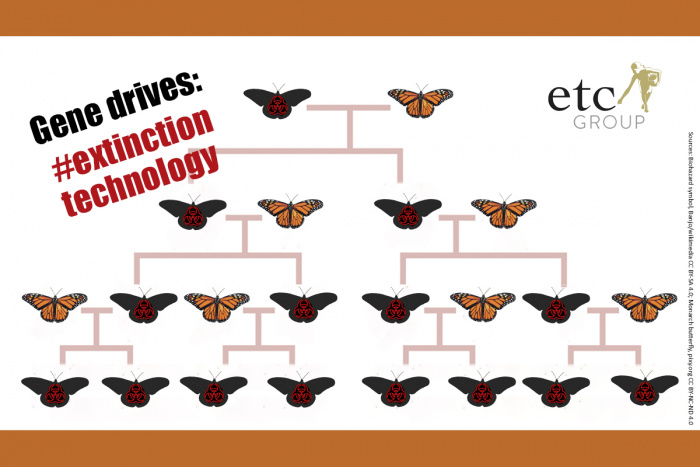US and Canadian Groups Call for Ban on Face Masks Containing Toxic Nanomaterials
Submitted by Laura Dunn on
MINNEAPOLIS—Today, leading environmental and human health advocacy groups from the United States and Canada provided detailed evidence about face masks containing potentially toxic nanoscale materials in a letter to the Environmental Protection Agency (EPA), the Food and Drug Administration (FDA) and the Consumer Products Safety Commission (CPSC).







